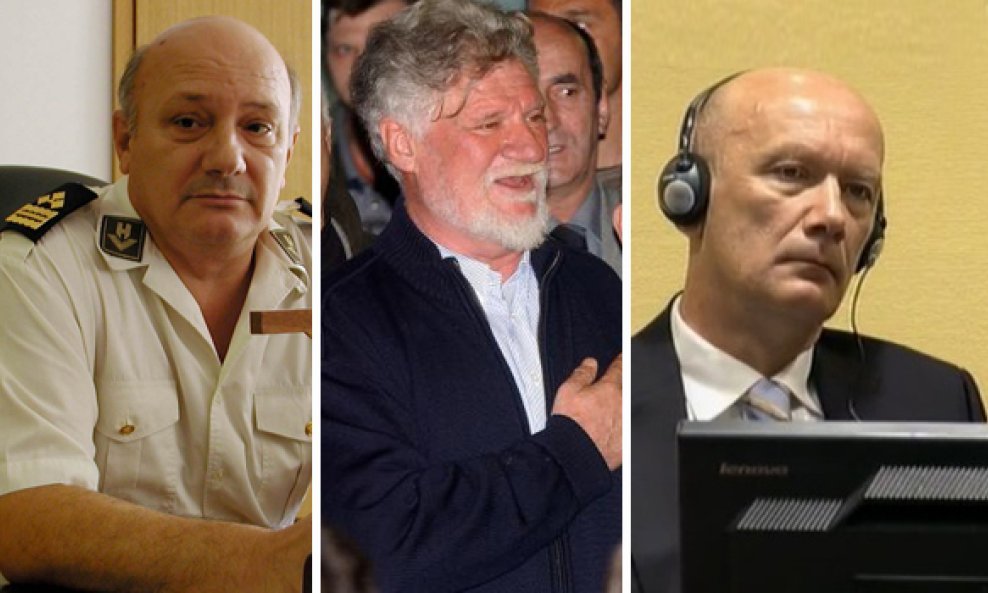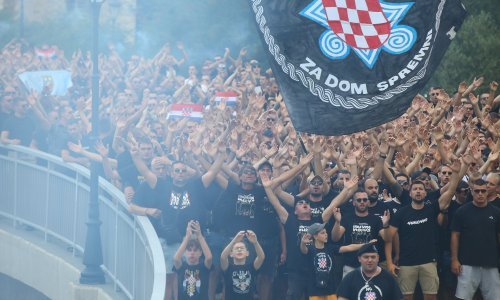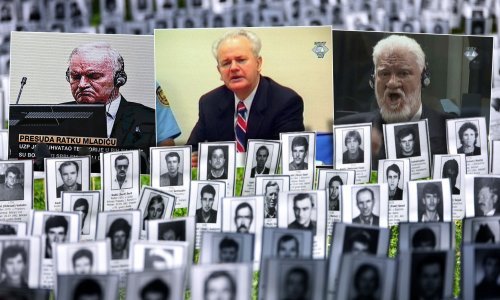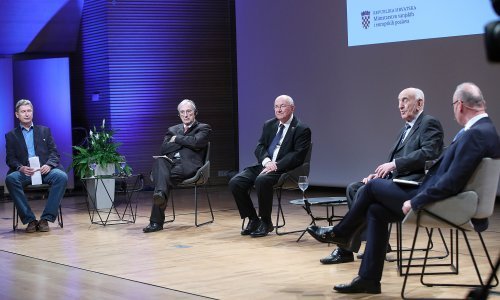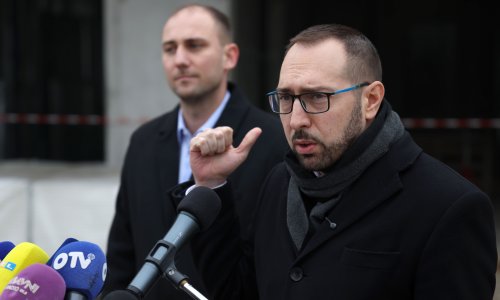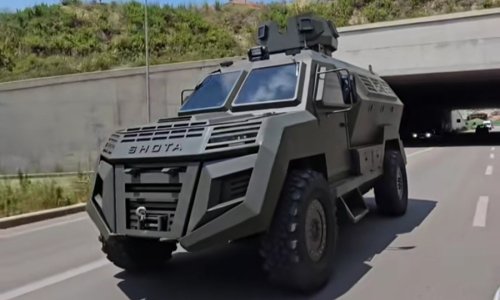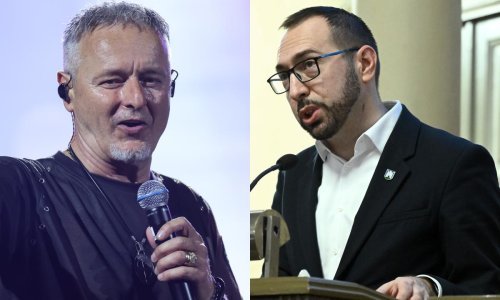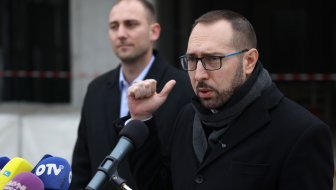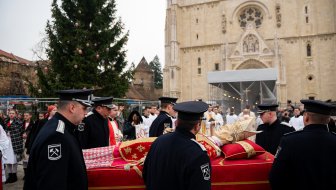The director of the Croatian Homeland War Memorial-Documentary Centre, Ante Nazor, on Wednesday expressed his condolences for the families of all the victims who were killed in the Croat-Bosniak conflict and compassion for all those whom Croat armed forces inflicted pain.
He said that it was nauseating to listen to all the crimes that had been committed, adding that it was necessary to realise that any crime was unacceptable which, after all, not one of those sentenced by the ICTY today brought into question.
Nazor though considers it questionable whether the responsibility for the crimes committed lies with those who were sentenced today by the International Criminal Tribunal for the Former Yugoslavia (ICTY).
"General Praljak has been sentenced for the abuse of Bosniak-Muslims in Prozor, whereas documents indicate the opposite", Nazor said, adding that that is why the qualification of superior responsibility was unacceptable because this was a fairly general definition and leads to injustice, with persons who were in the command chain being held to account for the crimes of others even though they did not commit the crime and could not have prevented it.
In Nazor's opinion, today's ruling did not individualise guilt, which the ICTY allegedly insists on, but instead, he claims, this is a ruling against the political and military heads of Herceg-Bosna as well as of Croatia for a joint criminal enterprise against Bosnia and Herzegovina, which he says is contradictory to historical facts.
He assessed that after 1991, the Croat-Bosniak (Muslim) conflict in Bosnia was the greatest tragedy for Croatia and Croats in the Homeland War and, of course, for Bosniak-Muslims.
Only with full information and an integral approach can any historical process be presented objectively, he concluded.
Contrary to claims made in the ruling, Nazor believes that with its unilateral attitude, the tribunal certainly does not contribute to an objective view of that historical process. The facts clearly state that Croatia did not commit a military aggression against Bosnia and Herzegovina nor did it conduct a "joint criminal enterprise" but merely reacted to events in Bosnia and Herzegovina which the Croatian leadership could not ignore, he said.
He recalled that Croatia's leadership could not ignore the Serbian military aggression in April 1992 and later the Bosniak (Muslim)-Croat conflict in Bosnia and Herzegovina, for which he said Croatia was not responsible and which threatened with the extinction of Croats from regions where they had existed for centuries as one of the three constitutive nations of Bosnia and Herzegovina.
"In that sense, I can say that I am ashamed of the crimes that individuals or groups of Croat forces committed against members of other peoples in Bosnia and Herzegovina, but I am proud of the huge part of my people who defended their home with honour and commanded Croat forces and aided Bosniak-Muslims in the most difficult times of the Serbian aggression against Bosnia and Herzegovina as well as during the Bosniak (Muslim)-Croat conflict in Bosnia and Herzegovina", Nazor said, adding that aid to Bosniak-Muslims would not have been possible without the support of the then leadership in Croatia and Croatia's policy.



